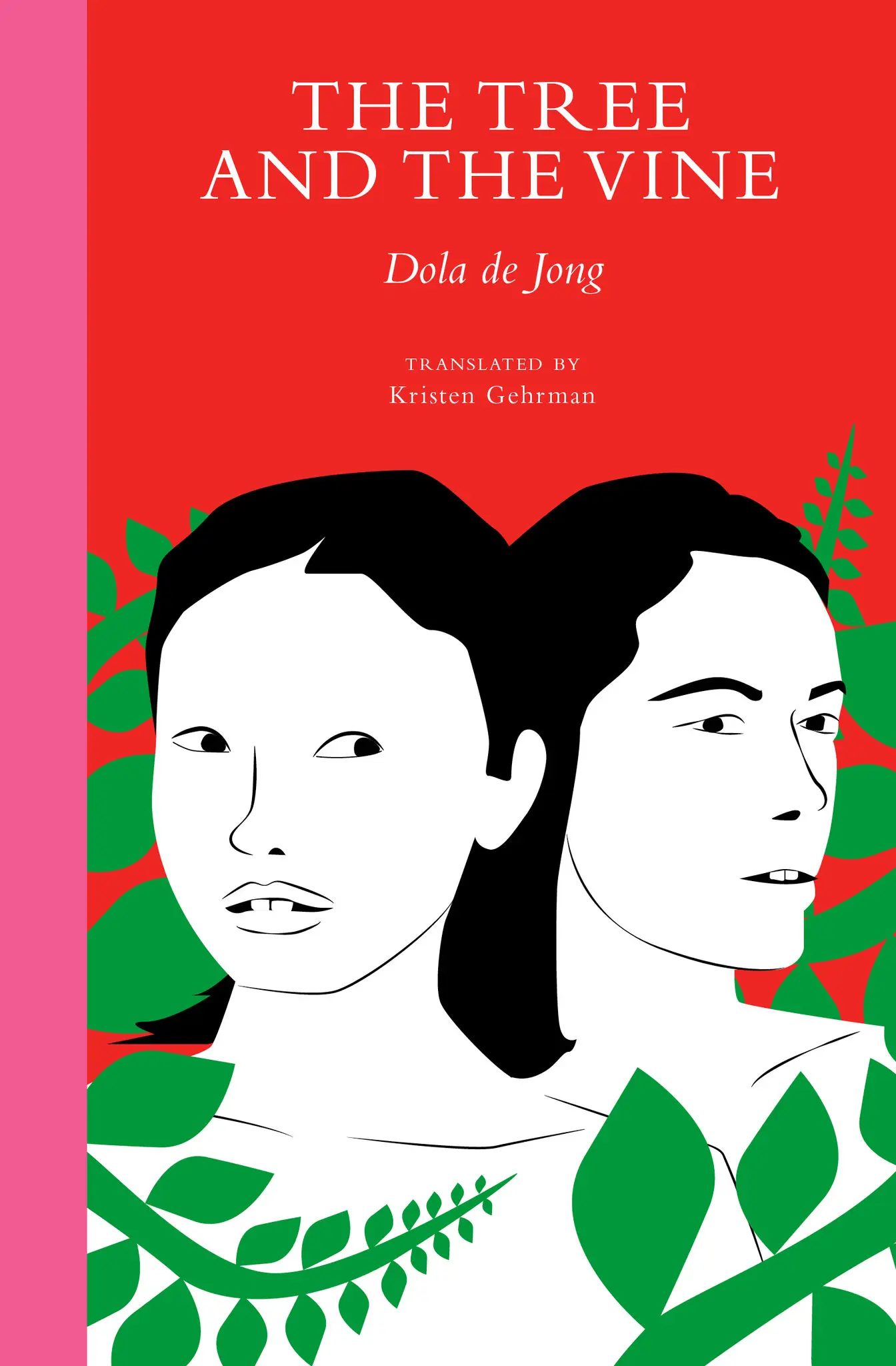by Dola de Jong, translated by Kristen Gehrman
Transit Books, 140 p. May 19, 2020
Longlisted for the Vondel Translation Prize, 2021
Original title: De thuiswacht, Cossee
Synopsis
When Bea meets Erica at the home of a mutual friend, this chance encounter sets the stage for the story of two women torn between desire and taboo in the years leading up to the Nazi occupation of Amsterdam. Erica, a reckless young journalist, pursues passionate but abusive affairs with different women. Bea, a reserved secretary, grows increasingly obsessed with Erica, yet denial and shame keep her from recognizing her attraction. Only Bea’s discovery that Erica is half-Jewish and a member of the Dutch resistance—and thus in danger—brings her closer to accepting her own feelings.
First published in 1954 in the Netherlands, Dola de Jong’s The Tree and the Vine was a groundbreaking work in its time for its frank and sensitive depiction of the love between two women, now available in a new translation.
Reviews
“Whereas Patricia Highsmith’s The Price of Salt notoriously provided a lesbian romance with a happy, or at least hopeful, ending, The Tree and the Vine accomplishes something bolder: It normalizes its characters’ unhappinesses, showing them to be just as complicated as anyone else’s.”—Lidija Haas, The New York Times
“Silence lies at the heart of Dola de Jong’s The Tree and the Vine . . . A sharp and erotic domestic drama, sometimes comic yet darkened by the looming Nazi occupation.”—Julian Lucas, Harper’s Magazine
“A careful and muted lament about the sorrow of restraint.”—Sam Sacks, The Wall Street Journal
“De Jong depicts the darker, dangerous side of the world of same-sex desire, and the way it’s a source of torment—physical and psychological—for those who exist within it.”—Lucy Scholes, The Paris Review
“An equally spicy, sensitive, and devastating portrait of two young women navigating their taboo desires for one another against the backdrop of the Nazi occupation of Amsterdam.”—GQ
“Bea’s inability to face, let alone name, her true sexual desires drives this spare, elegant, and ultimately haunting novel . . . Gehrman’s beautiful new translation returns the book to the spotlight where it belongs . . . a jewel hidden in plain sight.”—Kirkus Reviews, Starred Review

